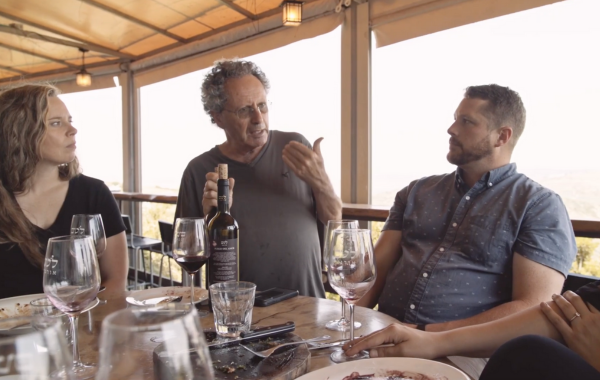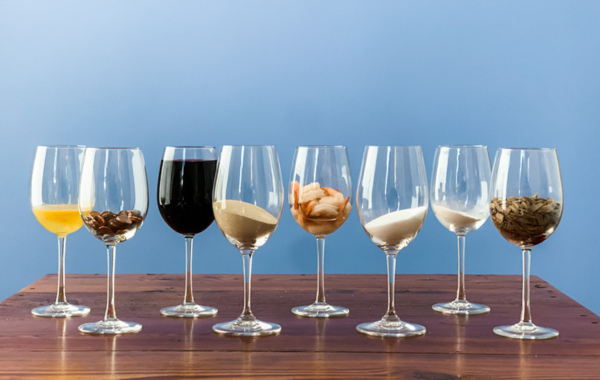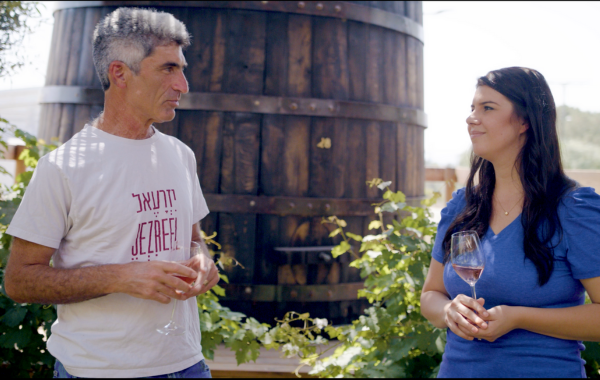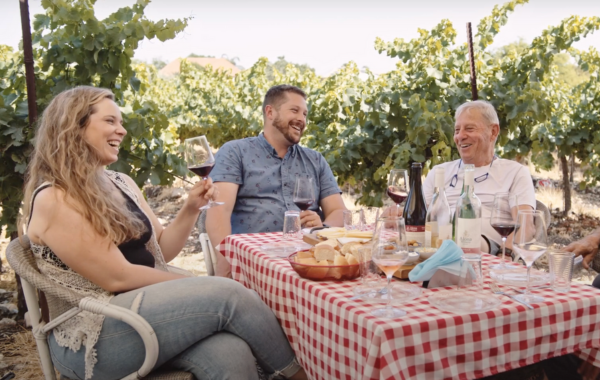Since the founding of Israel’s modern wine industry by Baron Edmond de Rothschild in the late 1800’s, Israel has been steadily making a name for itself in the wine world. But unlike other wine regions, for over 100 years into the wine revival of Israel, there wasn’t a wine grape grown in Israel that was truly their own. That all changed when Dr. Shibi Drori, winemaker for Gva’ot Winery and researcher at Ariel University, thought, “what if?” What if Israel does have a native grape that was made into wine in ancient times? These thoughts provoked Dr. Drori to start a search among wild grapes and cultivated table grapes. As a result, 120 indigenous grape varieties were found or examined; of those, twenty varietals showed potential for wine.
Two of the white grapes, Hamdani (also known as Marawi) and Jandali, were not related to any other grape variety in the world. From this discovery, the experiments started. And in 2014, in partnership with a Muslim-owned vineyard near Bethlehem and Recanati Winery, Dr. Drori brought a Marawi wine to the market. However, like many new and experimental things, the quality of the wine was overshadowed by the novelty of it.
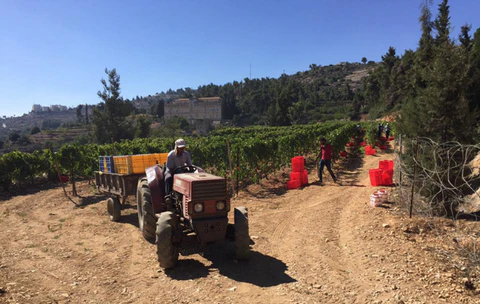
The credit of bringing forth a quality wine from a native grape belongs to Cremisan Winery, located in Cremisan Monastery near Bethlehem. After over a century of growing grapes and producing wine as a source of income for the Monastery, Cremisan followed the lead of Dr. Drori. In collaboration with a world-renowned wine consultant, Cremisan endeavored to give these native grapes a voice. Their efforts in working with native grapes such as Hamdani, Jandali, Dabuouki and Baladi have gained world recognition. It is these wines that we are excited to have in your subscription box this last winter quarter.
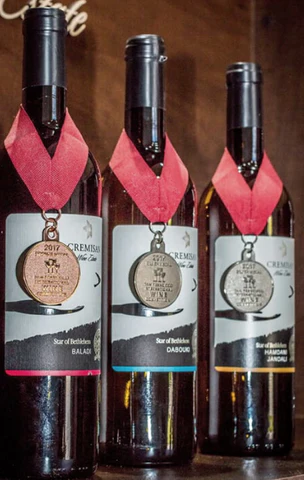
As these ancient wine grapes have been revived, Israel has created a new varietal, Argaman, a clone between the Souzão and Carignan grapes. Its name is derived from a Biblical purple color, specifically prescribed as one of the thread colors for the veil of the Tabernacle and speaks to the unmistakable deep color of the wine in the glass. Each year, as Israel works to bring their own signature wines forward, they are being propelled to a more visible place in the wine world that is hard to ignore.
We often say that we believe wine is an equalizer, one that has the ability to bring people together. We think it is pretty amazing that in searching for the native wine heritage in Israel, partnerships and new stories are being created. Old grapes are creating new experiences, new wine has been a catalyst for cultures to come together to create something good. We hope you enjoy this new experience, that you are able to bring others to the table and share a true taste of Israel!

